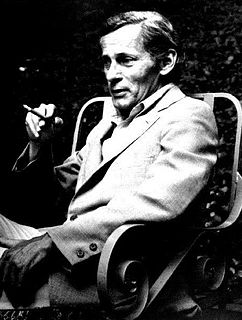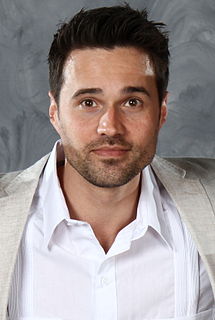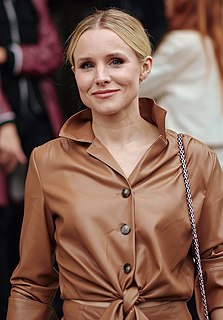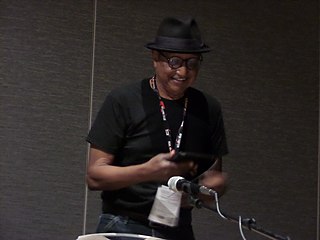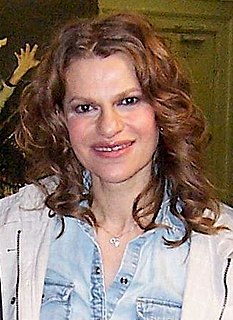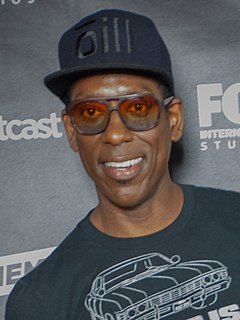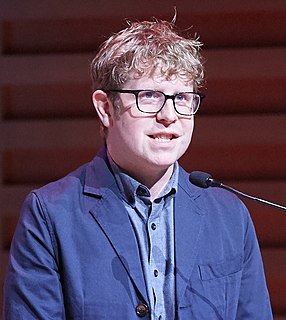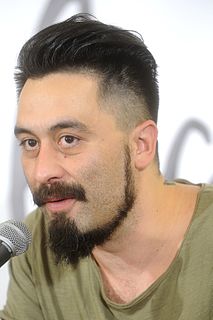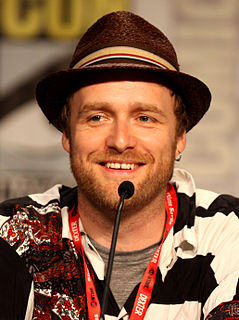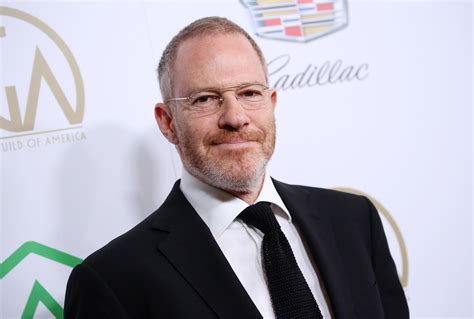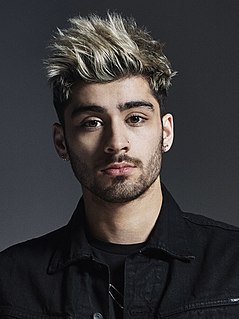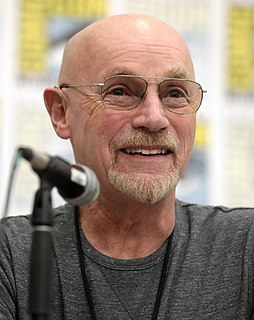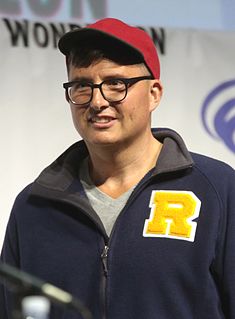Top 1200 Comic Art Quotes & Sayings
Explore popular Comic Art quotes.
Last updated on December 22, 2024.
the true art of the gods is the comic. The comic is a condescension of the divine to the world of man; it is the sublime vision, which cannot be studied, but must ever be celestially granted. In the comic the gods see their own being reflected as in a mirror, and while the tragic poet is bound by strict laws, they will allow the comic artist a freedom as unlimited as their own.
I think the reason I choose the comic approach so often is because it's harder, therefore affording me the opportunity to show off. Also, a comic vision is my natural world view, but I've grown up in spite of myself and I can pass the comic twist if it detracts from what the characters need. Yes, the life of a saint is hard.
This is not to be cocky, but, I go over real well at Comic-Con. I've done quite a few Comic-Cons, and I enjoy the hell out of them. They are so much fun, and so bizarre. I've done the FX Show in Florida, Wizard-World in Chicago, Comic-Con in San Diego, Wonder-Con in San Francisco, the Comic-Con in New York, and I've done them numerous times.
Comic books sort of follow with the move - if people see the movie and if they're interested in the character and want to see more of the character, they start buying the comic books. So a good movie helps the sale of the comic books and the comic books help the movie and one hand washes the other. So, I don't think there's any reason to think that comics will die out.
I decided honestly that comic art is an art form in itself. It reflects the life and times more accurately and actually is more artistic than magazine illustration - since it is entirely creative. An illustrator works with camera and models; a comic artist begins with a white sheet of paper and dreams up his own business - he is playwright, director, editor and artist at once.
Almost any tale of our doings is comic. We are bottomlessly comic to each other. Even the most adored and beloved person is comic to his lover. The novel is a comic form. Language is a comic form, and makes jokes in its sleep. God, if He existed, would laugh at His creation. Yet it is also the case that life is horrible, without metaphysical sense, wrecked by chance, pain and the close prospect of death. Out of this is born irony, our dangerous and necessary tool.
I came in with a very specific idea about what a Doctor Strange movie should be, which was rooted in the comics, and I thought it should be as weird and as visually ambitious compared to modern comic book movies as the comic was when it showed up in the '60s compared to other comic books at the time.
I think the novel is essentially a comic form (tragedy is for the theatre), not meaning by that full of jokes, but that it is about the absurd detail of human life, the way in which one cannot fully understand what is happening. Life is muddle and jumble and ends inconclusively, and when this is presented with great comic art the sorrows of human life can be truthfully conveyed; one is moved by the spectacle, and feels that something truthful has been told in a magic way.
I went into Hollywood and met Mike Aarons and went to Grantray-Lawrence Animation to work on the, by today's standards, extremely cheap and crude Marvel superheroes cartoons which basically consisted of taking stacks of the comic book art, taking parts of the art, pasting it down, extending it down into drawings and occasionally a new piece of art to bridge the comic book panels and limited animation and lip movement.
I think in daily newspapers, the way comic strips are treated, it's as if newspaper publishers are going out of their way to kill the medium. They're printing the comics so small that most strips are just talking heads, and if you look back at the glory days of comic strips, you can see that they were showcases for some of the best pop art ever to come out.
I was a very sickly kid. While I was in the hospital at age seven, my Dad brought me a stack of comic books to keep me occupied. And I was hooked. When my eighth grade art teacher, Mr. Smedley, told me he thought I had actual art talent, I decided to devote all my efforts in that direction in the hope that I might someday get into the comics biz. I became an art major, took every art class my school had to offer. In college, I majored in Advertising Art and Design.
To me, my favorite comic book movies were the ones that were never based on comic books, like Unforgiven. That's more the kind of thing that get us inspired. Usually when you say something's a comic book movie, it means you turn on the purple and green lights. Suddenly that means it's more like a comic book, and It's not really like that.
When I started in the comic book business, 'Art Of' books were strictly the provenance of the greats, like Rembrandt and Da Vinci. But times change, and so do attitudes. Now the comic is considered an art form, and I hope 'A Life in Words and Pictures' contributes a little to that art form's history.


